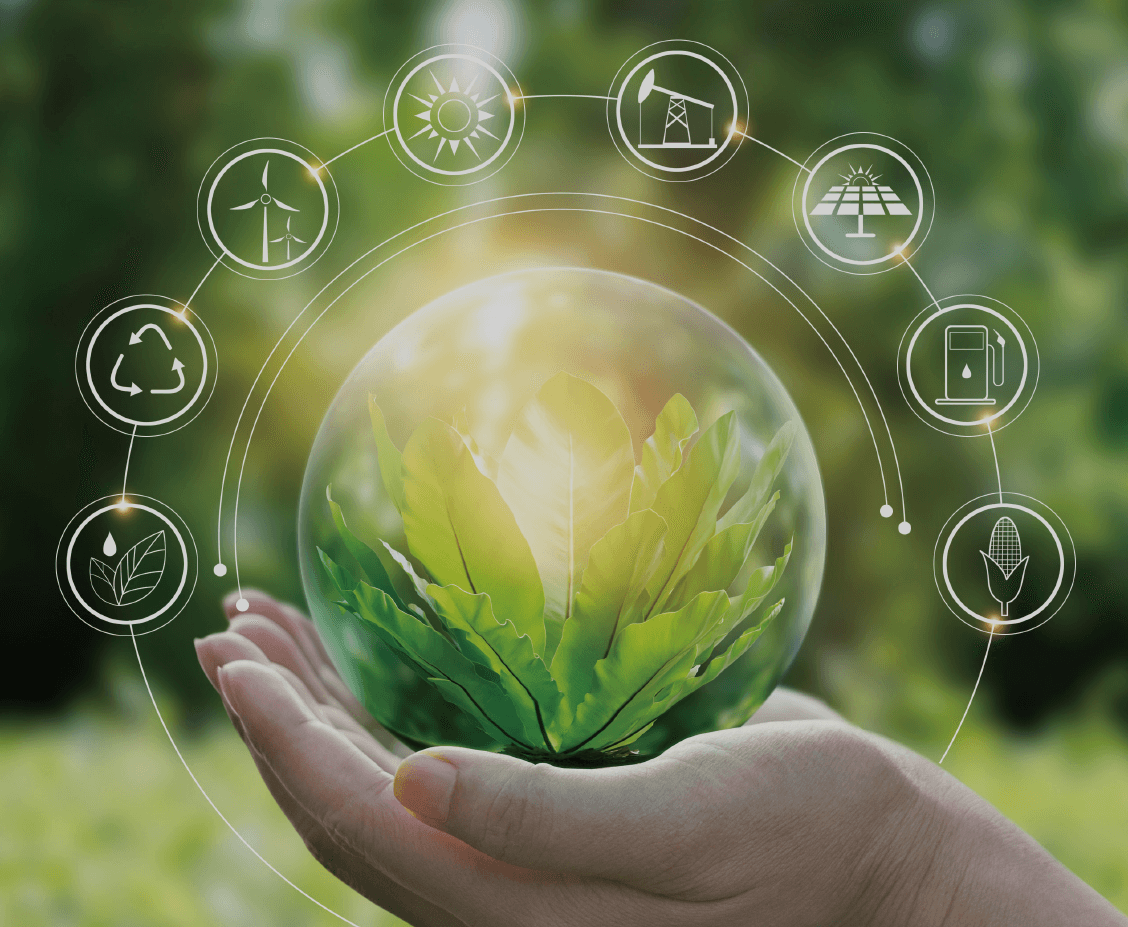As industries and consumers increasingly prioritize environmental sustainability,
Propylene Glycol (PG) stands out as an eco-friendly and
versatile chemical compound. With its biodegradability and low toxicity, Propylene Glycol offers numerous
benefits that align with green practices and sustainable development goals. Here’s a brief overview of its
environmental sustainability and green credentials:
Biodegradability:
Propylene Glycol is readily biodegradable, meaning it can be broken down by microorganisms into harmless
substances like water and carbon dioxide. This characteristic significantly reduces its environmental
impact, making it a preferred choice for various applications, particularly where environmental
considerations are paramount.
Low Toxicity:
Propylene Glycol has low toxicity to humans and wildlife, ensuring that its use and disposal do not pose
significant health risks. This makes it suitable for a wide range of applications, from food and
pharmaceuticals to industrial processes, without compromising safety or environmental integrity.
Reduced Environmental Footprint:
Compared to other solvents and chemicals, Propylene Glycol has a smaller environmental footprint. Its
production and usage result in lower emissions of volatile organic compounds (VOCs), contributing to reduced
air pollution and a healthier environment.
Sustainable Production Methods:
Innovations in green chemistry are leading to more sustainable production methods for Propylene Glycol.
Bio-based Propylene Glycol, derived from renewable resources such as corn and soy, is gaining popularity.
This shift towards renewable sources helps decrease reliance on fossil fuels and reduces the overall carbon
footprint of Propylene Glycol production.
Water Solubility:
Propylene Glycol’s high water solubility ensures that it does not accumulate in the environment. It quickly
disperses and dilutes in water, minimizing its ecological impact and making it easier to manage in
wastewater treatment processes.
Energy Efficiency:
The production processes for Propylene Glycol are becoming more energy-efficient, further enhancing its
sustainability profile. Advances in technology and process optimization are helping manufacturers reduce
energy consumption and greenhouse gas emissions, contributing to overall environmental sustainability.
Regulatory Compliance:
Propylene Glycol complies with various international environmental regulations and standards, ensuring its
safe and sustainable use across different industries. Regulatory bodies recognize its low environmental
impact, further validating its suitability for eco-friendly applications.
Conclusion:
Propylene Glycol’s environmental sustainability and green practices make it an attractive choice for
industries aiming to minimize their ecological impact. Its biodegradability, low toxicity, reduced
environmental footprint, and sustainable production methods underscore its role as a key component in green
chemistry. As the demand for environmentally friendly solutions grows, Propylene Glycol is poised to play a
significant role in promoting sustainability and protecting the planet.



